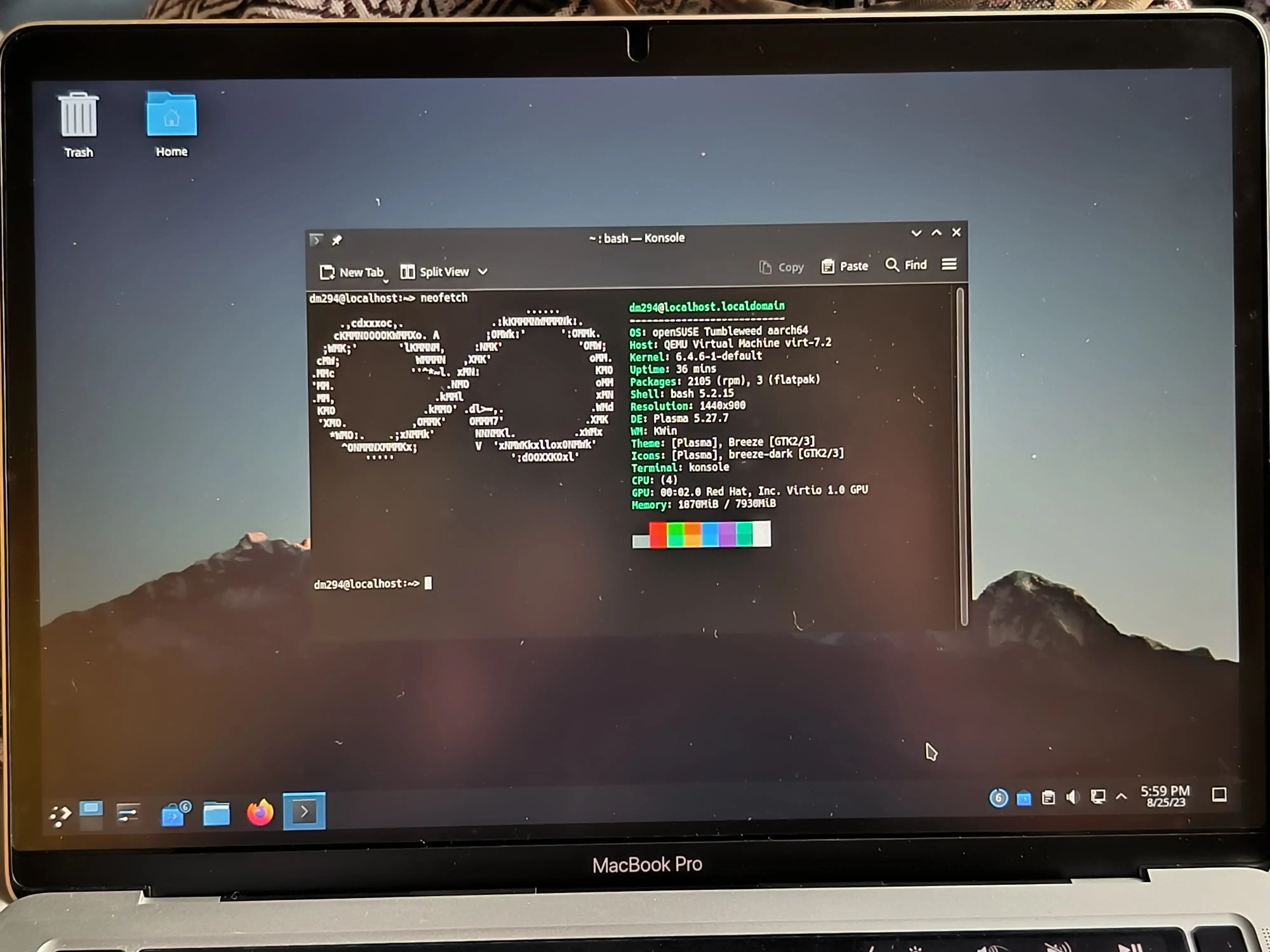80
you are viewing a single comment's thread
view the rest of the comments
view the rest of the comments
this post was submitted on 25 Aug 2023
80 points (91.7% liked)
Linux
48186 readers
1117 users here now
From Wikipedia, the free encyclopedia
Linux is a family of open source Unix-like operating systems based on the Linux kernel, an operating system kernel first released on September 17, 1991 by Linus Torvalds. Linux is typically packaged in a Linux distribution (or distro for short).
Distributions include the Linux kernel and supporting system software and libraries, many of which are provided by the GNU Project. Many Linux distributions use the word "Linux" in their name, but the Free Software Foundation uses the name GNU/Linux to emphasize the importance of GNU software, causing some controversy.
Rules
- Posts must be relevant to operating systems running the Linux kernel. GNU/Linux or otherwise.
- No misinformation
- No NSFW content
- No hate speech, bigotry, etc
Related Communities
Community icon by Alpár-Etele Méder, licensed under CC BY 3.0
founded 5 years ago
MODERATORS

UTM is basically QEMU under the hood, which is well supported by Linux, so it's no surprise that it worked without any issues.
What would be interesting to know however, is what's the performance is like. You should run something like Geekbench on macOS and on UTM and compare the result, to see what the overhead is like.
I am here to serve.
M1 Max Macbook Pro 16 Geekbench 6
Native MacOS: 2437 single core, 12803 multicore
UTM Fedora 38 using QEMU: 2324 single core, 11829 multicore
Parallels Fedora 38: 2333 single core, 12020 multicore
Damn, that's actually pretty impressive. Assuming you ran the x86-64 version of Fedora in UTM, and the ARM version in Parallels?
I bet he used the arm version, I tried windows x86-64 and couldn't run one month ago, while windows arm worked for a friend.
Yes, I have used the arm version.